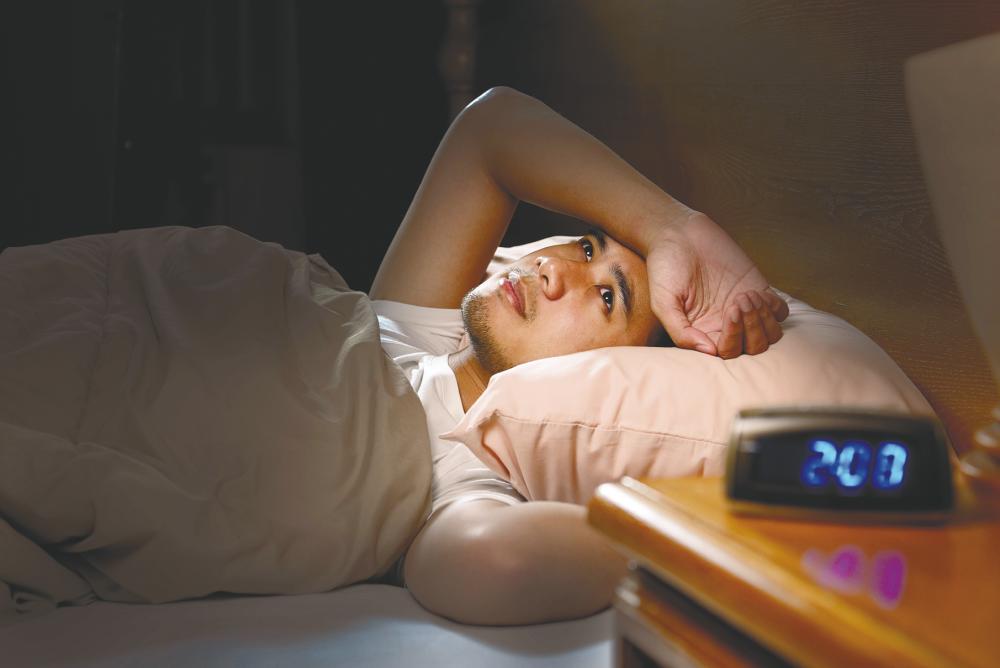Can you honestly say when was the last time you had a good night’s sleep? Whether it’s due to the stresses of life, a particularly hectic day at work or school, or a poor diet, we’re bound to experience insomnia at some point in our lives.
Insomnia is a common sleep disorder where people experience difficulty in falling asleep, staying asleep or not being able to get back to sleep upon waking too early.
Common symptoms include feeling not well-rested the next day, irritability, grumpiness, daytime sleepiness, difficulty in concentrating on tasks, increase in making errors or accidents, and feelings of dwindling mental health. With that said, not all cases of insomnia are the same, but its results often affect more than just the person suffering from it.

Causes of insomnia
Can insomnia be prevented? In most situations, it can. But in order to do that, we need to understand its causes.
One of the most common causes of insomnia is stress or trauma. It can come from school, work and even social relationships. The constant worry in our minds can take over all of our thoughts and energy, and keep us awake at night. Sometimes, the inability to sleep causes stress, too.
Thus, it’s not surprising that mental health issues can contribute to insomnia as well. Mental health conditions such as anxiety, depression and bipolar disorder can cause difficulty in sleeping. This is because pervasive thoughts put the mind in a state of hyperarousal.
Another cause of insomnia is due to our irregular sleep schedules caused by jet lag or shift work. The irregular hours disrupt our circadian rhythm (widely known as the internal body clock) and our bodies can’t adjust rapidly enough to the new schedule.
What we eat and do throughout the day can affect our ability to sleep. Our lifestyle choices such as working late, playing video games until the wee hours or even tapping on our phones stimulate our brains too much, causing difficulty in ‘switching’ the brain off.
Even using the bed for activities other than sleep can confuse the mind about our state of wakefulness once we crawl into bed. Eating heavy meals near bedtime is also hard on our digestive system. Inadvertently, our poor sleeping schedule will cause us to nap during the day, and the inability to sleep plagues us at night.
Taking stimulants such as coffee or nicotine will cause us to stay up for hours, too. Alcohol, although it has sedative effects, can actually worsen our sleep and cause fragmented, non-restorative sleep.
An added cause for insomnia could be due to pain which keeps us up at night. This could stem from an underlying illness or health complication such as Type II diabetes, or diseases affecting the respiratory or nervous system. There are times it could be exacerbated by side effects from medications such as blood pressure drugs, antidepressants and anti-asthma medications.
When we know the cause of our insomnia, only then we can take steps to prevent and manage it. Don’t let yourself suffer in silence. Check with your doctor if you’re having problems sleeping.















